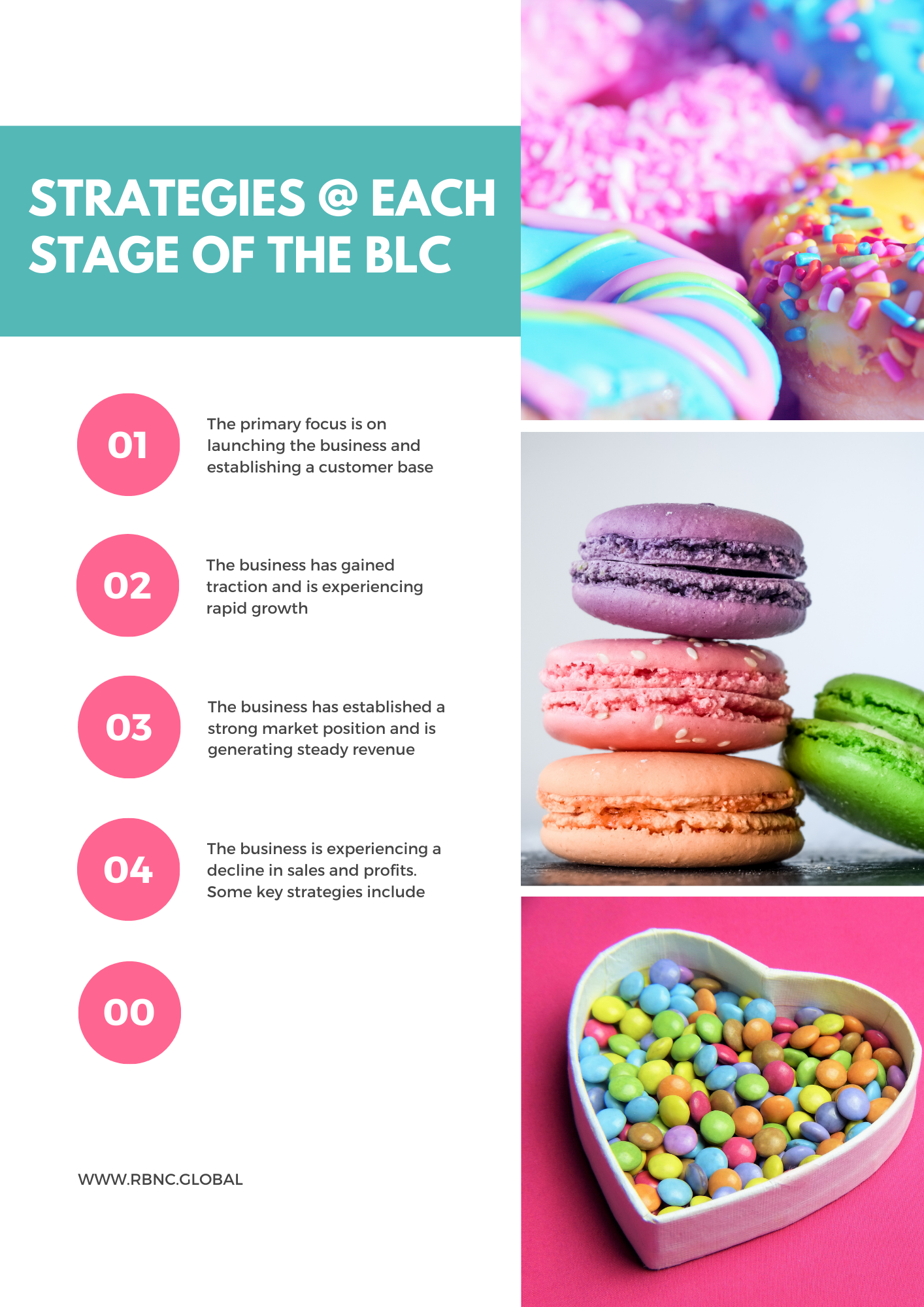Key Strategies at Each Stage of The Business Life Cycle
There are different strategies that businesses can use at each stage of the business life cycle to achieve growth and success. Here are some examples:
Start-up stage:
In this stage, the primary focus is on launching the business and establishing a customer base. Some key strategies include:
- Developing a unique value proposition that sets the business apart from competitors
- Building a minimum viable product (MVP) to test the market and gather customer feedback
- Creating a marketing plan to promote the business and attract customers
- Building a team with the skills and expertise needed to launch and grow the business
Growth stage:
In this stage, the business has gained traction and is experiencing rapid growth. Some key strategies include:
- Expanding the product or service offering to appeal to a broader customer base
- Increasing marketing and advertising efforts to reach new customers
- Hiring more staff to manage growth and ensure high-quality customer service
- Establishing partnerships or alliances to reach new markets or expand distribution channels
Maturity stage:
In this stage, the business has established a strong market position and is generating steady revenue. Some key strategies include:
- Developing new products or services to appeal to existing customers or enter new markets
- Optimizing operations to reduce costs and improve profitability
- Expanding geographically to reach new markets
- Building a strong brand and reputation to maintain customer loyalty
Decline stage:
In this stage, the business is experiencing a decline in sales and profits. Some key strategies include:
- Diversifying the product or service offering to appeal to new customers or markets
- Investing in new technologies to remain competitive
- Cutting costs and streamlining operations to improve efficiency and profitability
- Identifying and addressing the root causes of the decline to turn the business around
Overall, the strategies that businesses use at each stage of the business life cycle will depend on their specific circumstances and goals. It's important for businesses to continually assess their position and adjust their strategies accordingly to achieve long-term success









